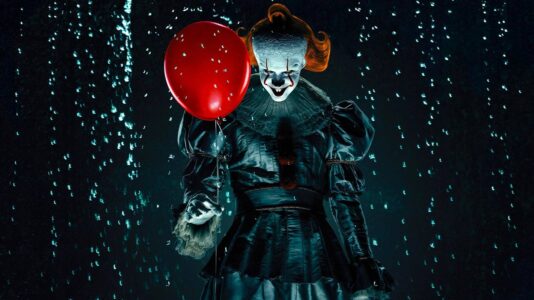Behind the Scenes Drama of ‘Castle’: The Tension Between Nathan Fillion and Stana Katic
The procedural crime-drama series Castle, which aired on ABC from 2009 to 2016, captivated audiences with its unique premise and the chemistry between leads Nathan Fillion and Stana Katic. Fillion portrayed Richard Castle, a renowned mystery novelist, while Katic played Kate Beckett, a savvy New York City homicide detective. The show enjoyed a successful eight-season run, but behind its charming façade lay significant tension that would ultimately influence its fate.
Reported Tensions on Set
While Castle was celebrated for its engaging storytelling and character dynamics, reports of on-set tensions began to surface. An insider disclosed to US Magazine that Fillion had “been nasty to Stana for a long time,” and the two had difficulty maintaining a collaborative working relationship. Although Katic’s representatives refuted any claims of conflict, additional sources revealed that tensions escalated to the point where the network mandated counseling for the pair to facilitate their on-screen chemistry.
It was alleged that Katic was often overheard crying in her dressing room, and that the discord between the leads had grown so pronounced that it raised concerns among producers about the show’s overall quality. This backdrop of hostility created an ironic contrast to the affectionate relationship viewers celebrated between Castle and Beckett.
A Disappointing Conclusion to a Beloved Series
Despite the tensions, Castle managed to maintain its popularity for eight seasons. As the show concluded, Katic opted to leave the series, describing her exit as “a harsh ending.” Consequently, Castle was canceled shortly after, even though Fillion had his contract renewed for a potential ninth season. The series finale, titled “Crossfire,” was intended as a typical episode but ultimately served as the series’ conclusion, leaving fans with a sense of disappointment over the hasty wrap-up of character arcs they had invested in for years.
In retrospect, many fans felt "Crossfire" fell short of delivering a satisfactory finale. The final scene, which jumped seven years into the future and depicted a domestic life with the couple raising children, felt disconnected from the episode’s plot and left many yearning for a more cohesive and deliberate closure.
The Premise’s Untapped Potential
Despite its internal challenges, Castle‘s premise was notably innovative compared to other crime procedurals at the time. The show utilized Castle’s writing profession, intertwining his fictionalized storylines with the real-life cases he and Beckett tackled, offering a refreshing narrative approach. This ability to pivot between Castle’s literary pursuits and the investigative plots allowed the show to explore diverse themes and prevent it from becoming stale—an issue that has plagued other lengthy procedural series like NCIS and FBI.
As the series progressed, viewers witnessed Castle’s character mature significantly, displaying a depth of understanding gleaned from his experiences alongside Beckett. This evolution offered a promising direction for the show to delve into new narrative risks, particularly examining how their romantic partnership might affect their work. However, the abrupt conclusion meant that such explorations remained largely unexplored.
Legacy and Impact
Although Castle faced behind-the-scenes turmoil, it produced a legacy that resonates with fans to this day. The dynamic between Castle and Beckett is still regarded as one of television’s favorite pairings. The show has inspired a series of novels and comics featuring its central character but lacks the rich tapestry that a continued series could have provided.
The lingering question of what could have been adds a bittersweet note to what was otherwise a beloved series. Fans reflect on the potential for further character and narrative development that might have emerged had the situation on set been more favorable.
In the end, all seasons of Castle remain available for streaming on Hulu, allowing new audiences to experience the intricate blend of humor, drama, and romance, often without awareness of the underlying tensions that marked its production. As newer generations discover the series, they can appreciate the show’s merits while remaining unaware of the chaos that accompanied its creation.









